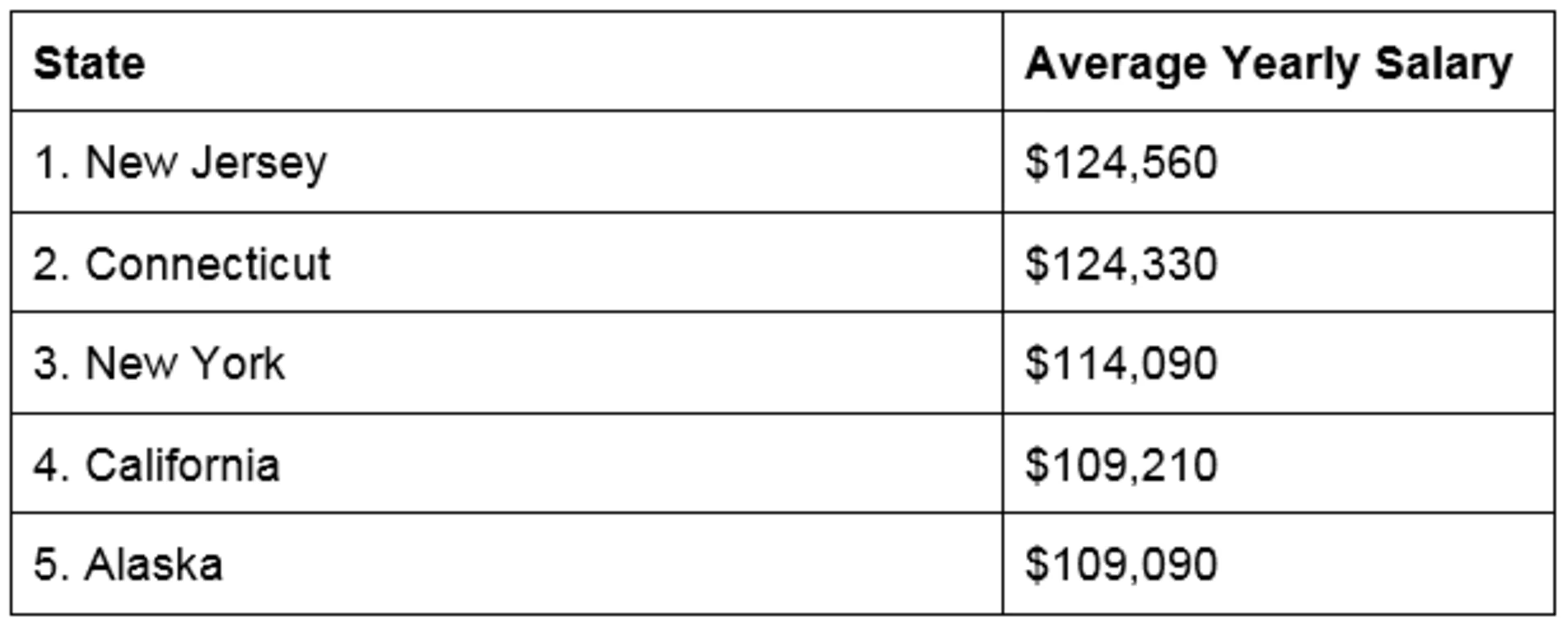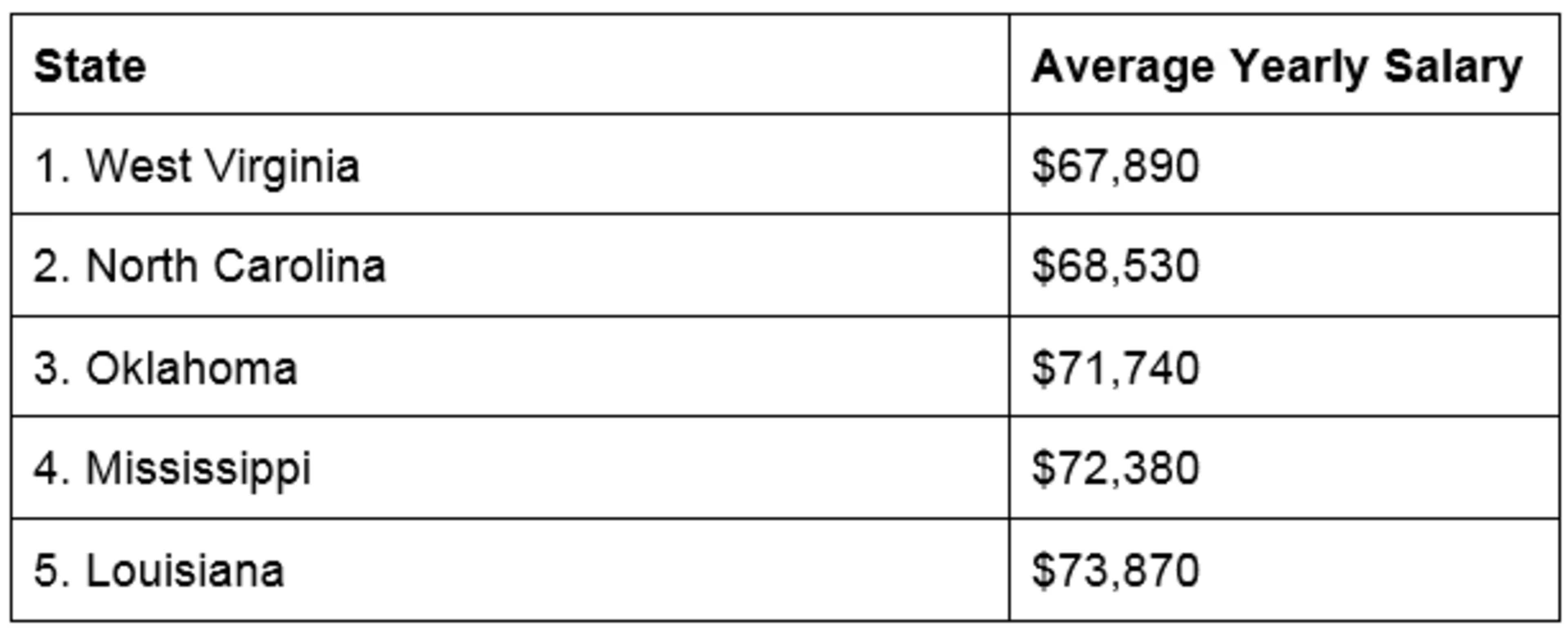In my opinion, the most awkward part of interviewing for a job is salary negotiation. I get self-conscious when it comes to money, let alone telling someone how much I want them to pay me.
I don’t want to short change myself, but at the same time I don’t want to ask for too much. How much is too much or too little?

When negotiating your school administrator salary with your soon-to-be employer, it’s best to have the numbers at your side in order to make a well informed salary request. Many factors determine salary levels, including responsibilities, years of experience, the cost of living in your area, and finally, the average salaries paid to others in your position.
Luckily for those either looking to become a school administrator or those already in the position looking to negotiate their salaries, I have compiled the numbers and pulled figures that will help you find out just how much you should be making as a school administrator.

At a national level, the Bureau of Labor Statistics’ found that the average yearly salary for a school administrator in elementary and secondary schooling is $93,120, as of 2015. The range of wages ranged in this profession began as low as $59,070 and as ended high as $131,310.
These numbers jump substantially when looking at colleges, universities, and professional schools, which nationally average $101,610 per year.

Despite the importance of national averages, it would be unreasonable to expect a metropolitan salary while living in a rural area, or vice-versa. Breaking down the numbers based on states makes the most sense when figuring out just how much you ought to make.
Some states have better food, better weather, better attractions, and of course, higher salaries than others. These are the top five states with the highest average wages for school administrators, according to the BLS:

It also makes sense that all of these states, except California, spend the most on education and therefore have the highest-paying jobs in education.
In contrast, these are the lowest-paying states for school administrator positions:

In all fairness, these states also have a far more affordable cost-of-living, especially Mississippi, which ranked as number one most affordable state in the country in 2016. The five states which ranked highest in pay for school administrators also ranked on the opposite end of the scale for cost-of living, especially California, which was only ranked above Washington D.C. and Hawaii.

According to Payscale, experience has a moderate effect on the income for the career of a school administrator. For example, once you begin adding skills to your profile such as “childhood education,” the median income for an administrator jumps from $66,955 to $70,229 per year. Other skills, such as “operations management” decreases the median income to $58,900 per year.
It seems that skills relevant to facilitating education, rather than just organization skills, have a much more positive effect on influencing salary.
What I gather from this data is the importance of emphasizing your educational career when negotiating or re-negotiating your yearly salary.

Not only do you have to consider the state and experience, but also whether you are pursuing a career in either public or private education. A whole range of factors determine pay differences between the two, including credential requirements, legal requirements, working conditions, and the supply of jobs.
The average salary of a private school administrator is $190,796, while a public school principal can expect to make an average of $90,410. Since the National Center for Education Statistics (NCES) shows 98,817 operating public schools in the United States versus 33,366 private, it would make sense that less jobs in a field equals more pay.
While private schools pay more to their school administrators, the likelihood of landing an administrative job at a private institution is lower than landing a position at a public school. Therefore, the abundance of supply in jobs leads to a lower base of pay in the public sector.
Conclusion
While this breakdown of school administrator salaries will help give you an idea of what you are worth as a school administrator, it is ultimately up to you to decide what you will negotiate for based on your time as an educator. I just hope that you will fight the anxiety of doing so better than I do.
If you land that position and are looking for new ways to up the software game of your school, be sure to check out our directory of school administration software.
How has your location or experience shaped your value as an educator and administrator? Be sure to let us know in the comment section below!